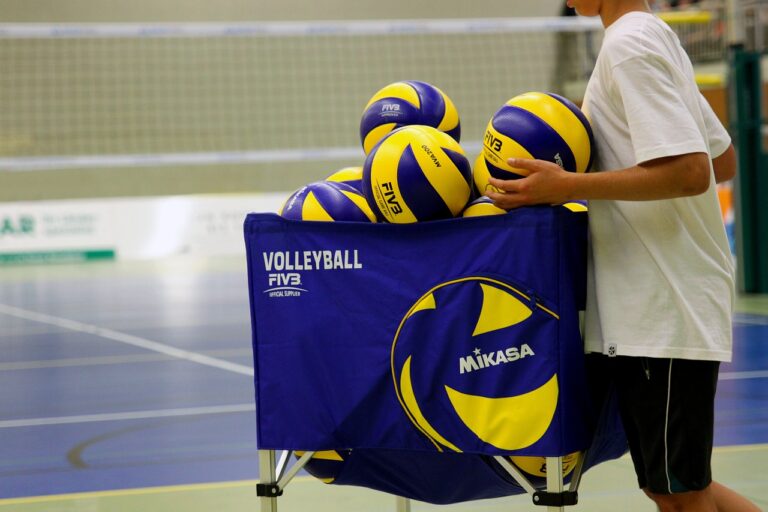The Role of Coaches as Leaders: Shaping the Culture and Performance of Cricket Teams
Lotus365, Gold365: Leadership plays a critical role in the success of cricket teams. A strong and effective leader can inspire, motivate, and guide their team both on and off the field. In the high-pressure environment of cricket, a leader must make quick and strategic decisions to steer the team towards victory.
The captain of a cricket team is not just a positional title; it is a position of influence and responsibility. Leadership in cricket goes beyond just setting field placements; it involves fostering a positive team culture, resolving conflicts, and building trust amongst team members. A good leader leads by example, demonstrating resilience, determination, and a never-give-up attitude, which can have a significant impact on the team’s overall performance.
• Leadership in cricket teams is crucial for success
• A strong leader can inspire, motivate, and guide the team
• The captain plays a vital role in decision-making on and off the field
• Beyond setting field placements, leadership involves building trust and resolving conflicts within the team
Building Team Culture through Coaching
Creating a strong team culture is essential for the success of any cricket team. This culture is cultivated through effective coaching strategies that focus on fostering unity, trust, and communication among team members. Coaches play a crucial role in instilling values such as respect, sportsmanship, and dedication, which form the foundation of a positive team culture.
Through consistent communication and encouragement, coaches can guide players towards a shared vision and common goals. By emphasizing the importance of teamwork and collaboration, coaches help build a cohesive team culture where individuals are valued for their unique contributions and encouraged to support one another both on and off the field. This inclusive and supportive environment not only enhances team morale but also strengthens the team’s ability to overcome challenges and achieve success together.
Strategies for Developing Team Performance
In the realm of cricket, the development of a team’s performance hinges on a multitude of strategic elements. Firstly, setting clear goals and objectives is crucial for aligning the team towards a common purpose. Each player must possess a clear understanding of their role within the team structure and how their individual contributions impact the collective performance. This clarity not only fosters accountability but also promotes a sense of ownership and commitment among team members.
Moreover, regular communication and feedback loops are essential in refining the team’s performance over time. Coaches and team leaders must create an open and transparent environment where constructive feedback is encouraged and integrated into the team’s development process. By leveraging feedback mechanisms, teams can identify areas for improvement, capitalize on strengths, and make the necessary adjustments to optimize their overall performance on the cricket field.
Why is leadership important in cricket teams?
Leadership is crucial in cricket teams as it sets the tone for the team’s performance, motivates players, and helps in making strategic decisions during matches.
How can coaching help in building team culture?
Coaching plays a key role in building team culture by creating a positive environment, fostering teamwork, and instilling a sense of unity among team members.
What are some strategies for developing team performance?
Some strategies for developing team performance include setting clear goals, providing regular feedback, conducting team-building activities, and fostering open communication within the team.







